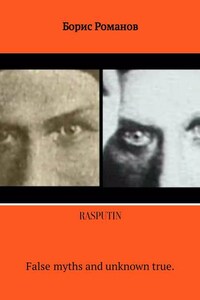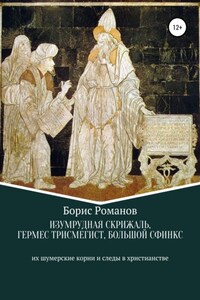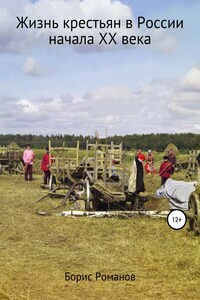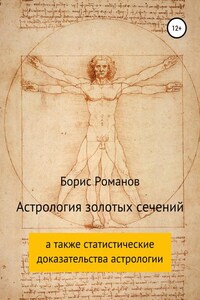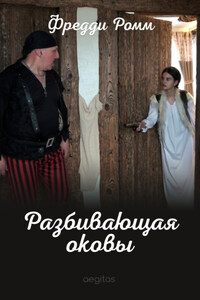Rasputin was neither a monk nor a saint; he never belonged to any order or religious sect.[4] He was considered a strannik ("pilgrim"), wandering from cloister to cloister. He was obsessed by religion[5] and impressed many people with his knowledge and ability to explain the Bible in an uncomplicated way.[6][7][8][9] It was widely believed that Rasputin had a gift for curing bodily ailments. In 1907 Rasputin was invited by Nicholas and Alexandra Feodorovna to heal their only son, tsarevich Alexei, who suffered from hemophilia. "In the mind of the Tsarina Rasputin was closely associated with the health of her son, and the welfare of the monarchy."[10]
Rasputin was regarded as a starets ("elder") by his followers, who also believed him to be a psychic and faith healer.[11] His critics referred to him by the same term in an ironic fashion. He never considered himself to be a starets.[12] Rasputin spoke an almost incomprehensible Siberian dialect[13] and never preached or spoke in public.[14] The Tsarina saw Rasputin as a "Man of God" and clairvoyant,[13] but his enemies saw him as a debauched religious charlatan and a lecher. Brian Moynahan describes him as "a complex figure, intelligent, ambitious, idle, generous to a fault, spiritual, and – utterly– amoral."[15] He was an unusual mix, a muzhik, prophet and at the end of his life a party-goer.[16]
Rasputin began as a symptom of the royal family's isolation from the public; he ended by deepening that isolation to an unbridgeable chasm.[17] While his influence and role may have been exaggerated, historians agree that his presence played a significant part in the increasing unpopularity of the Tsar and his wife immediately prior to the February Revolution of 1917.[18] The conspirators, who did not accept a peasant being so close to the Imperial couple, had hoped that Rasputin's removal would cause the Tsarina to retreat from political activities. They also believed that Rasputin was an agent of Germany, but he was more of a pacifist, opposed to all wars.[19]
There is much uncertainty over Rasputin's life and influence, as accounts are often based on dubious memoirs, hearsay and legend.[11] Colin Wilson said in 1964 that "No figure in modern history has provoked such a mass of sensational and unreliable literature as Grigory Rasputin. More than a hundred books have been written about him, and not a single one can be accepted as a sober presentation of his personality. There is an enormous amount of material on him, and most of it is full of invention or wilful inaccuracy. Rasputin's life, then, is not 'history'; it is the clash of history with subjectivity."[20]
In Russia, Rasputin is seen by many ordinary people and clerics, among them the late Elder Nikolay Guryanov, as a righteous man.[21] However, Alexy II of Moscow said that any attempt to make a saint of Rasputin would be "madness".[22]>>
***
Myths about the personality of Grigori Rasputin and about his role in the life of the Royal family were created as on the eve of Russian revolution (1912-1917 years), so and later (in the USSR in 1917-1920s). These myths are still alive, and still interest in his personality is great – both in Russia and abroad. We read in Wikipedia:
http://en.wikipedia.org/wiki/Rasputin
<
The disco single "Rasputin" (1978) by the German-based pop and disco group Boney M references Rasputin's alleged affair with Alexandra Fyodorovna. The tune is based on the Turkish song "Kâtibim". This song was later covered by the band Turisas.
